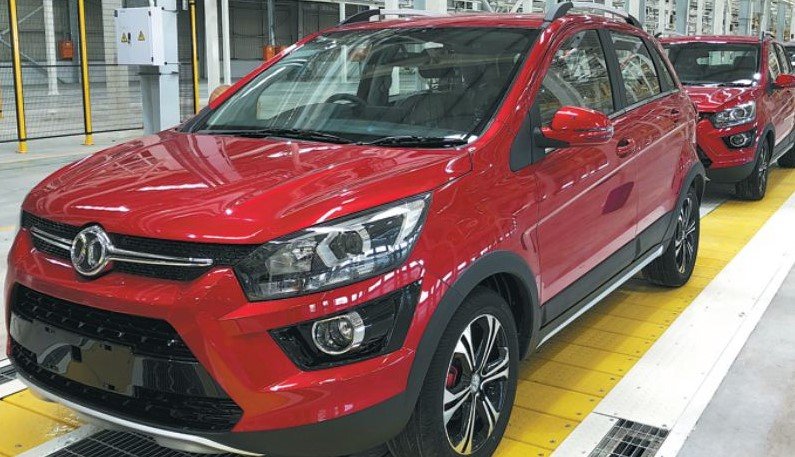Chinese automakers have snatched a major cut of Thailand’s quickly developing electric vehicle market, because of government sponsorships that have brought down costs for purchasers and raised deals more than fourfold this year.
China’s Great Wall Motor is the most popular EV brand in Thailand. The organization has offered more than 2,000 vehicles to Thai drivers since entering the market a year prior. This year over 3,000 individuals are holding on to take conveyance of Great Wall EVs.
Moreover, 500 restricted release Ora Good Cat vehicles, the organization’s whole stock, sold out shortly when the model sent off last week, featuring areas of strength for the EVs.
One more famous Chinese make among Thai drivers is Shanghai-based SAIC Motor, which possesses the MG brand. SAIC sold more than 4,500 EVs in the nation last year, and its deals supposed to rise further this year, examiners say.
The Federation of Thai Industries conjectures deals of EVs in the Thai market at more than 10,000 vehicles this year, more than quadrupling the 1,954 vehicles sold in 2021, due to a great extent to government sponsorships that have made EVs more reasonable. The endowments had pointed toward animating interest in green automobiles and empowering automakers to locally deliver them. The public authority believes that electric vehicles should make up 30% of Thailand’s auto-creation by 2030.
To arrive at that objective, the public authority offers purchasers installments of up to 150,000 baht ($4,240) per EV. What’s more, on June 9, the public authority brought down the assessment on electric vehicles from 8% to 2% in return for guarantees from producers to construct them locally later on.
ASEAN-China deregulation settlement
The ASEAN-China deregulation settlement, which has been active starting around 2005, allows China to deliver EVs to Thailand levy free, giving a further benefit to Chinese brands.
“Japanese brands and different brands from Europe have been attempting to infiltrate the Thai market, yet are not extremely forceful, contrasted and Chinese brands,” FTI Vice-Chairman Surapong Paisitpatanapong told Nikkei Asia.
“I think Japanese brands appreciate rising deals of half-breed EVs, and they could hold on until request rises considerably before they begin delivering unadulterated EVs,” Surapong said.
With a proactive market plan and serious costs, the piece of the pie of Chinese EV creators in Thailand is supposed to ascend from 58% last year to around 80% this year, as per the Kasikorn Research Center, which likewise estimates all out deals of more than 10,000 EVs in the country this year.
Kasikorn puts the piece of the pie of European EVs one year from now at 14%, with Japanese brands parting 5% among them and different brands representing around 1%. This stands as opposed to the market for fuel vehicles, where Japanese carmakers Toyota, Honda, Mazda, Mitsubishi, and Nissan are the main five makes, with a joined portion of the overall industry of 82%.
Thai Prime Minister Prayuth Chan-Ocha About Thai EV Market
With Chinese makers‘ piece of the pie developing emphatically, Thai Prime Minister Prayuth Chan-Ocha said last week it was the ideal opportunity for Thailand to gain rising interest by firing up its arrangement to begin delivering EVs in a year, climbing the past objective from 2024.
Thailand has had an objective to turn into an EV constructing agent since mid-2021, when the nation’s oil and gas combination PTT Group collaborated with Taiwanese agreement producer Foxconn, meaning to begin turning out EVs in 2024.
“2024 may be past the point of no return. We want to begin creating our own EVs in twelve months,” Chan-Rocha said during a visit of top Foxconn chiefs last week.
PTT CEO Auttapol Rerkpiboon said another joint endeavor, Horizon Plus, has begun development on an EV plant that will act as an agreement producer of EVs for different carmakers in Thailand and somewhere else in Southeast Asia.

